Savvy Spotlight: Jane Best, Refugees International Japan
How One Woman Changed an NGO from Within to Impact Lives and Attitudes
“Of course people need food and water, which is needs-based, but we provide opportunities, hope, and a way for refugees to be independent through rights-based assistance.”
Even after 17 years as CEO of Refugees International Japan (RIJ), Jane Best remains humble, hungry for new ideas and passionate about her cause. And she has a reason to stay motivated: as of January 2016, RIJ has supported some 840 projects in 50 countries and distributed more than USD$11.2 million.
Although admitting to never having had more work to do given the continued growth of the non-governmental organization, Best is clearly inspired as she shows me a chipped cup, tattered shoes and a burnt sarong in the RIJ office in Tokyo’s Minato ward. All are items in The Refugee Collection, an artistic project launched in 2016 that packaged everyday items used by refugees. It represents what she has been working for at RIJ: to show that refugees each have an individual story, and to attract new people to the cause through innovation. And the collection has also had a wider impact — it’s received more than a dozen design awards in several countries, attracting much-needed publicity.
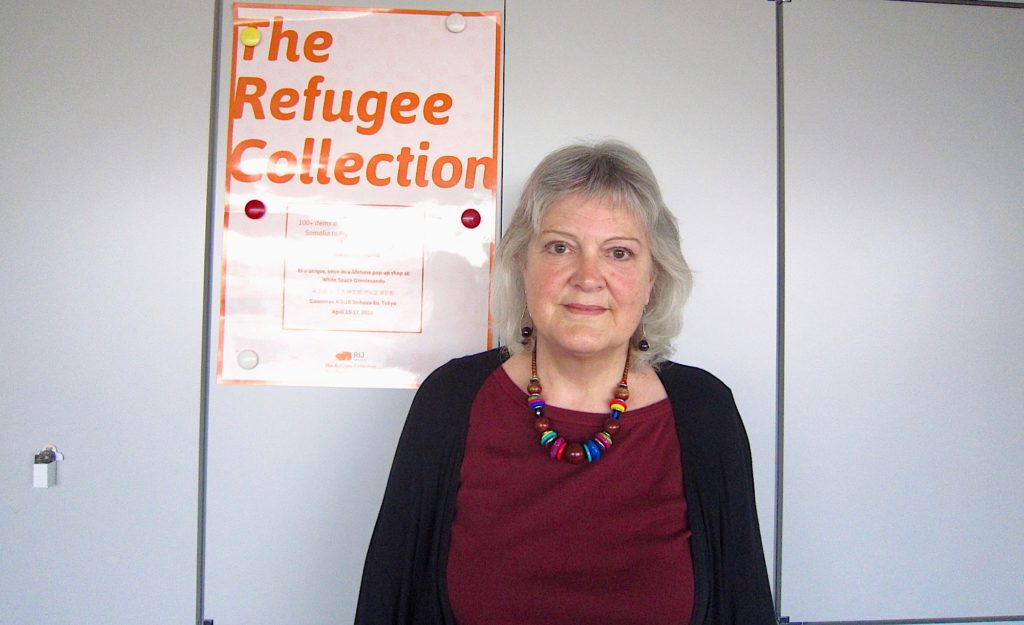
Jane Best at the Refugees International Japan office in Tokyo’s Minato ward.
Best’s journey has not been straightforward, though. From managing change and keeping fundraising fresh, to helping address the global refugee crisis, she spoke to Savvy Tokyo about her 17 years with RIJ and what the future holds.
How did you become involved with RIJ?
An RIJ volunteer asked me to help as I had been involved with community activities, but I said no at first. I was aware only of the events RIJ held, which seemed very society-orientated and that’s not what I was looking for — I wanted to support RIJ’s activity on the refugee side. As it turned out, RIJ was looking for somebody to work on funding, to choose and monitor projects, so that was right up my street. I started my working life as a volunteer in Zambia so I’ve always had an interest in doing something related to development. I joined RIJ in 2000 as funding director.
How did your role evolve to what it is today?
As volunteers moved on, a new president came in who found her role was too big an undertaking for a volunteer and suggested that RIJ was restructured. When RIJ was set up in 1979, trailing expat spouses had difficulty getting jobs, so they often instead took on volunteer roles and had plenty of time to carry them out. Their business acumen was vital to building RIJ. But in the 2000s, many volunteers had lots of other things to do. RIJ also needed to restructure and register as a non-government organization to attract CSR support, which was becoming more common. Part of that work involved creating a paid CEO position, and I was asked to take it on.
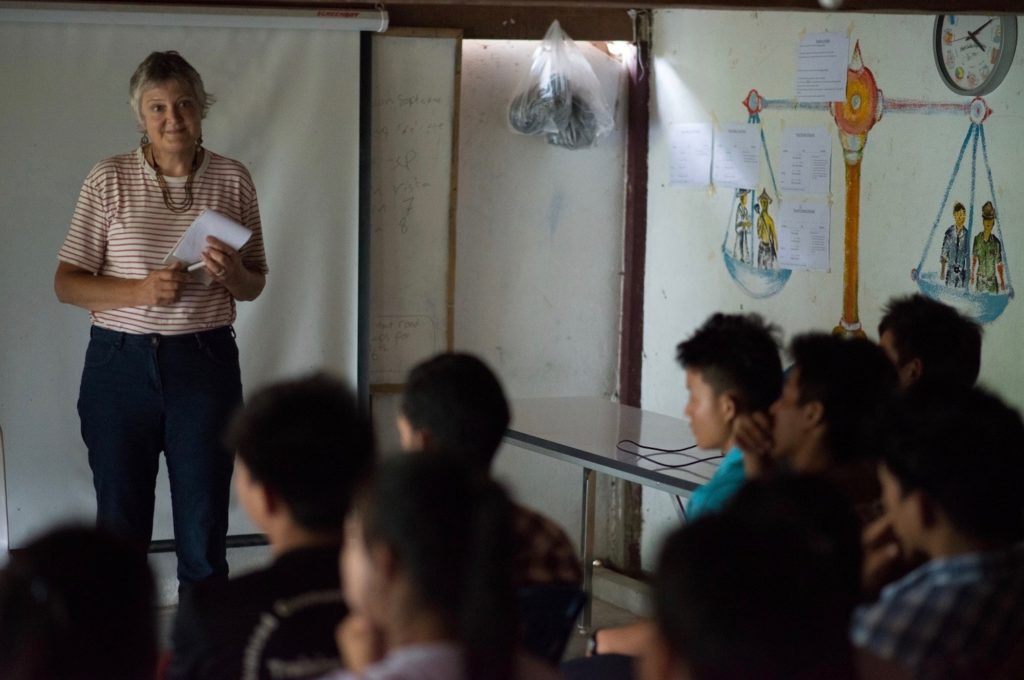
Jane working on a project at the Thai-Burma border.
What challenges have you experienced?
When I took the CEO role, I wanted to change the organization in line with the way society was changing. Japan doesn’t have a tradition of charity. In the ’80s and ’90s, RIJ made a lot of money from members who created really nice society events. People enjoyed coming to them, but I don’t think they particularly came because of the cause — although some certainly did. I wanted to introduce events that allowed us to talk more about refugees and promote our work to companies. The new style was difficult for some people to accept and so delivering change was really tough.
What motivates you to continue?
It’s incredibly rewarding to travel to see what RIJ is doing, to welcome new volunteers and to learn the best way to fund refugees. Of course people need food and water, which is needs-based, but we provide opportunities, hope and a way for refugees to be independent through rights-based assistance. We are currently funding three projects on the Thai–Burma border, one in Lebanon and one in Nairobi. We get reports on the project so we know whether it did well. Certainly the majority of the time, we are pleased with the results. Given the uncertainty that refugees live with, they may not be able to reach all their goals immediately.
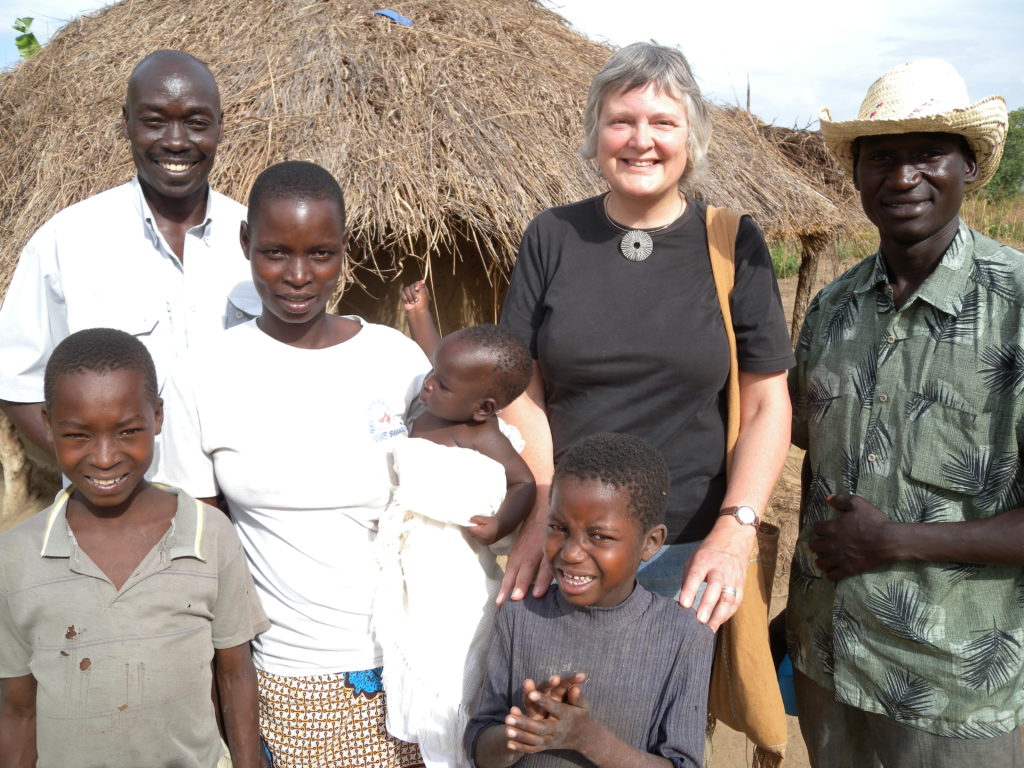
Jane in Uganda. She believes says that “The best thing to do is to give [people] a chance to create their own fortunes.”
When my husband and I ran our restaurant a long time ago, we also led a small charity for children in Sri Lanka. We would offer up the restaurant on our days off for NGO events, so I’ve always had some involvement in development work and could build on that experience. And RIJ is constantly looking for new ideas for fundraising that will attract people. For that, I talk to people in my network, brainstorm, monitor the latest trends and watch what others are doing.
Anti-refugee sentiment is on the rise. What is your contribution to the global movement to stand with refugees?
We’re trying to explain that those who claim asylum — which is what the media has made into a furor — are a small proportion of refugees.
A large part of our work is also showing that there is good news about refugees: they are trying to change their lives and can make an economic contribution. People don’t want to be dependent, so the best thing to do is to give them a chance to create their own fortunes. In Uganda, for example, where refugees are allowed to work, many of them are able to be independent.
We’re trying to explain that those who claim asylum — which is what the media has made into a furor — are a small proportion of refugees.
Recently, people have been asking if we’re supporting Syrian refugees. We are with the Lebanon project and recent projects in Turkey and Jordan — but Syria is not the only area in need. There are people around the world who have been displaced for 20 to 30 years or more. We aim to support two or three regions to show that the refugee issue is not a new or geographically isolated problem.
In all our work, it is the individual stories of refugees that make the biggest impact on the general public.
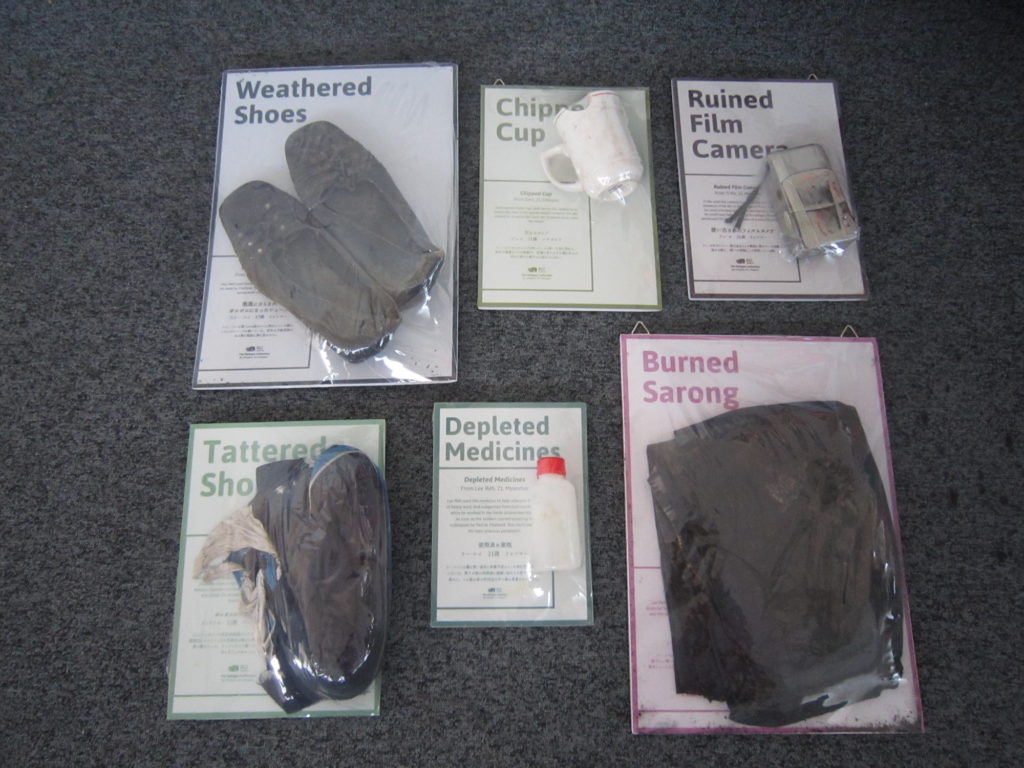
Items of the Refugee Collection, an artistic project launched in 2016 that packaged everyday items used by refugees.
What makes you so passionate about the cause?
When I discover what people are doing in situ. For example, I’ve got to know the people on the Thai–Burma border very well through my visits, and they are amazing people. They seek no recognition at all. They’re been through so much but are so uncomplaining. Then I come back to Tokyo and grumble about something and I think, how can I? They inspire me — what they have done is incredible.
One woman I met who is a senior member of our funded project chose not to take resettlement overseas because she wanted her two children to grow up working to make life better for their community, and she is determined to show them the value of life.
People don’t want to be dependent, so the best thing to do is to give them a chance to create their own fortunes.
We offer these refugees training in leadership, environmental care and legal rights. Some are now going back into Myanmar; they are starting to give back to their former communities, which is great to see. We could do all the work we do on site at the Tokyo office, but I wouldn’t be able to put my hand on my heart and say that it’s happening. We’ve seen the money that people have donated being used in the right way. I really care about that, it’s very important for transparency.
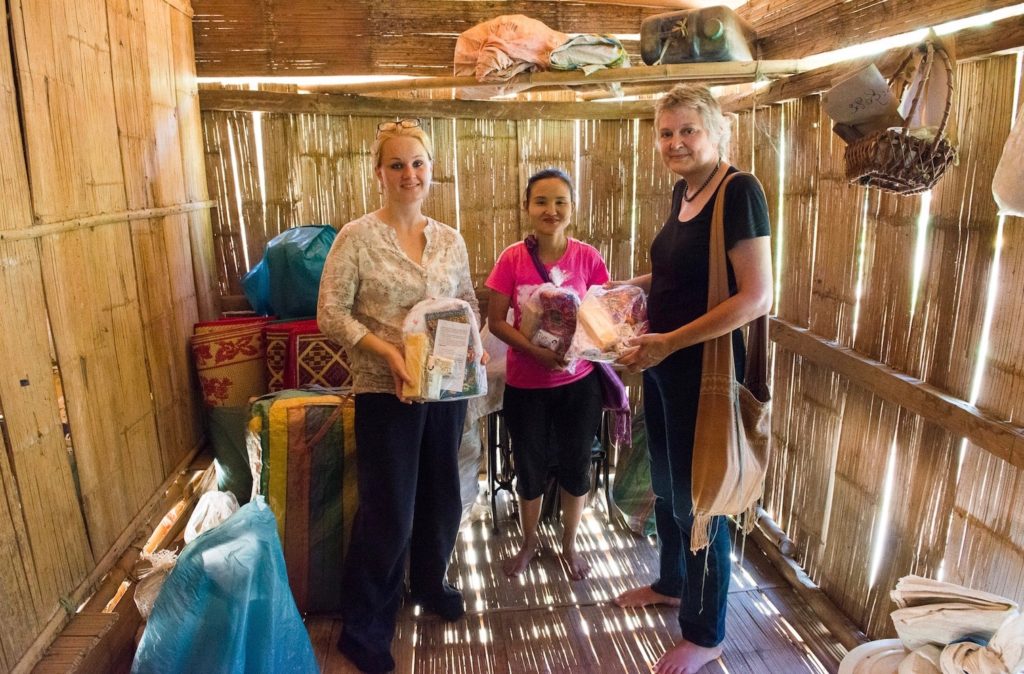
Jane and her staff working on a Thai-Burma border project.
What’s your next challenge?
In May we are going to Lebanon, where we will be visiting a funded project and looking for new opportunities for support. Long-term, I want to extend awareness of RIJ throughout the Japanese community and to get more Japanese people involved.
What do you do when you’re not working for refugees?
I live in a beautiful area, so in the past few weeks I’ve been doing a lot in the garden. I also spend a lot of time on the house — there’s always painting or something to be done. I love reading and I go walking. My relaxation is very much in the mountains.
Savvy Spotlight is a monthly feature introducing foreign and Japanese women at the frontline of what’s successful, contributing, cool, unique and interesting in the city. If you have anyone in mind you would like us to interview, leave us a comment below with your recommendations!












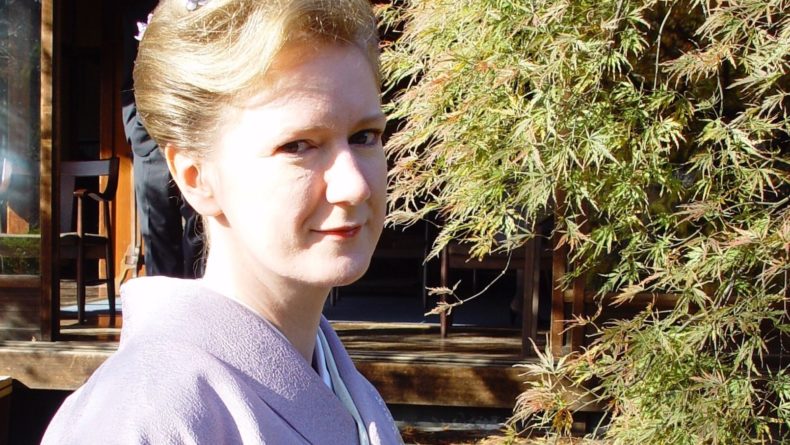
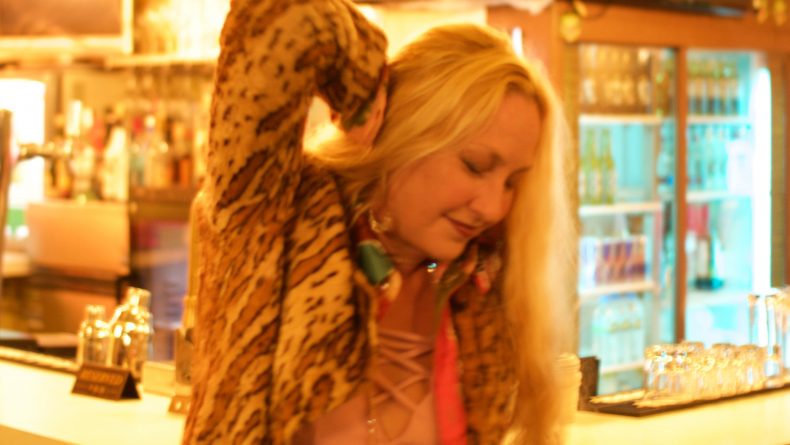
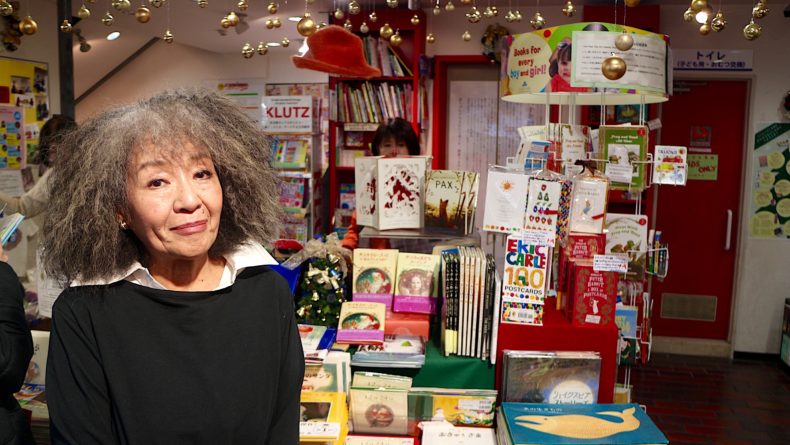
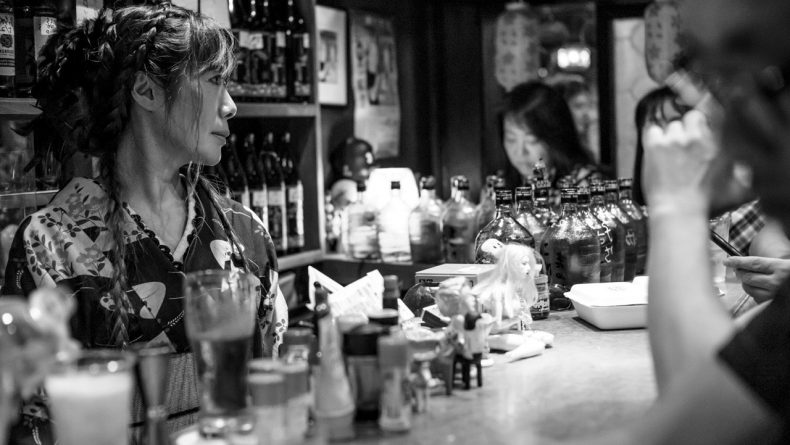
Leave a Reply